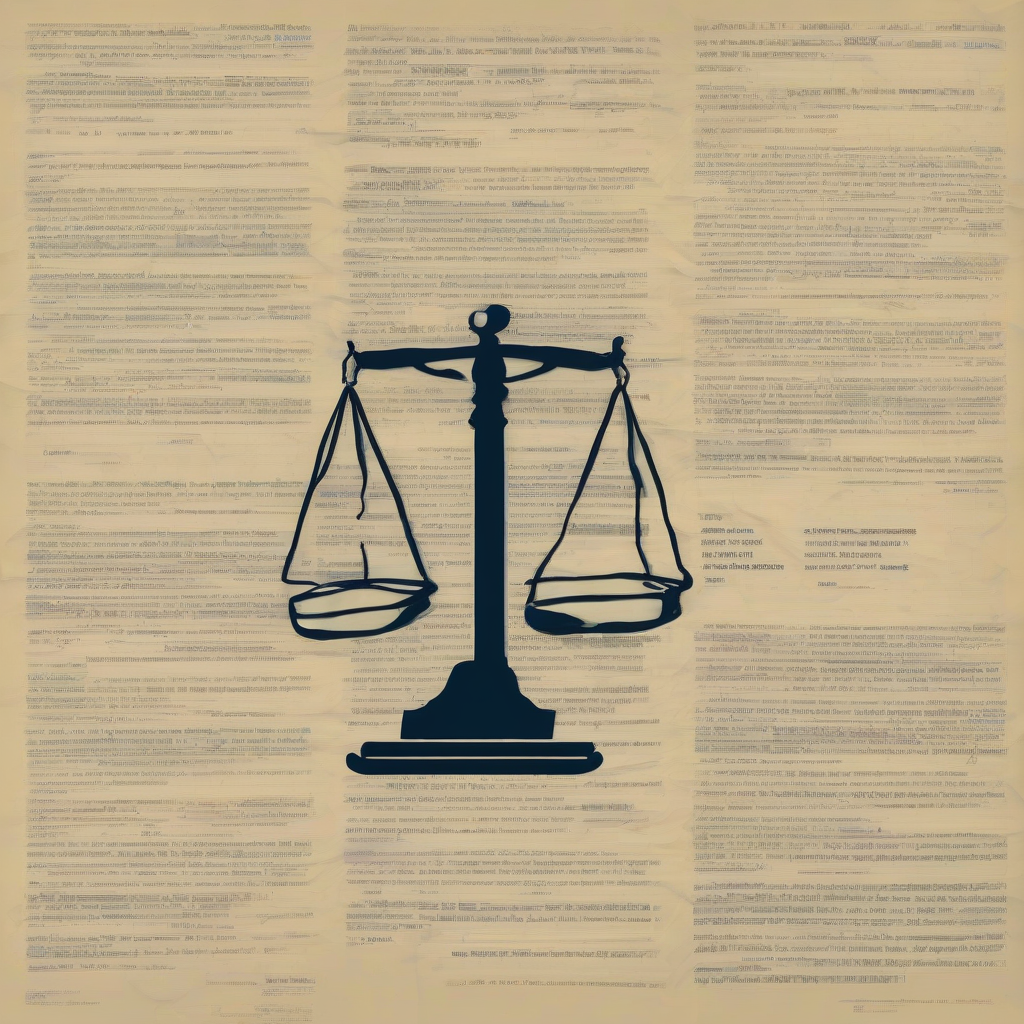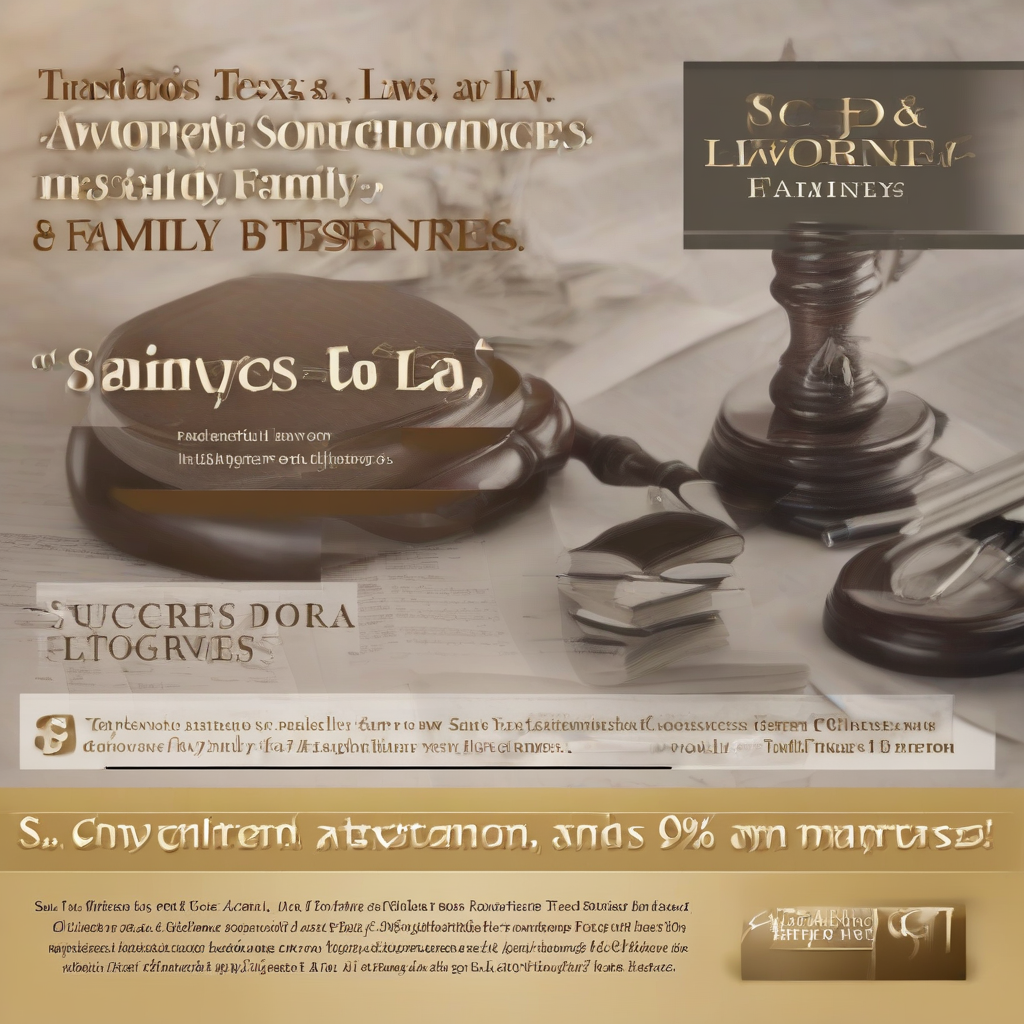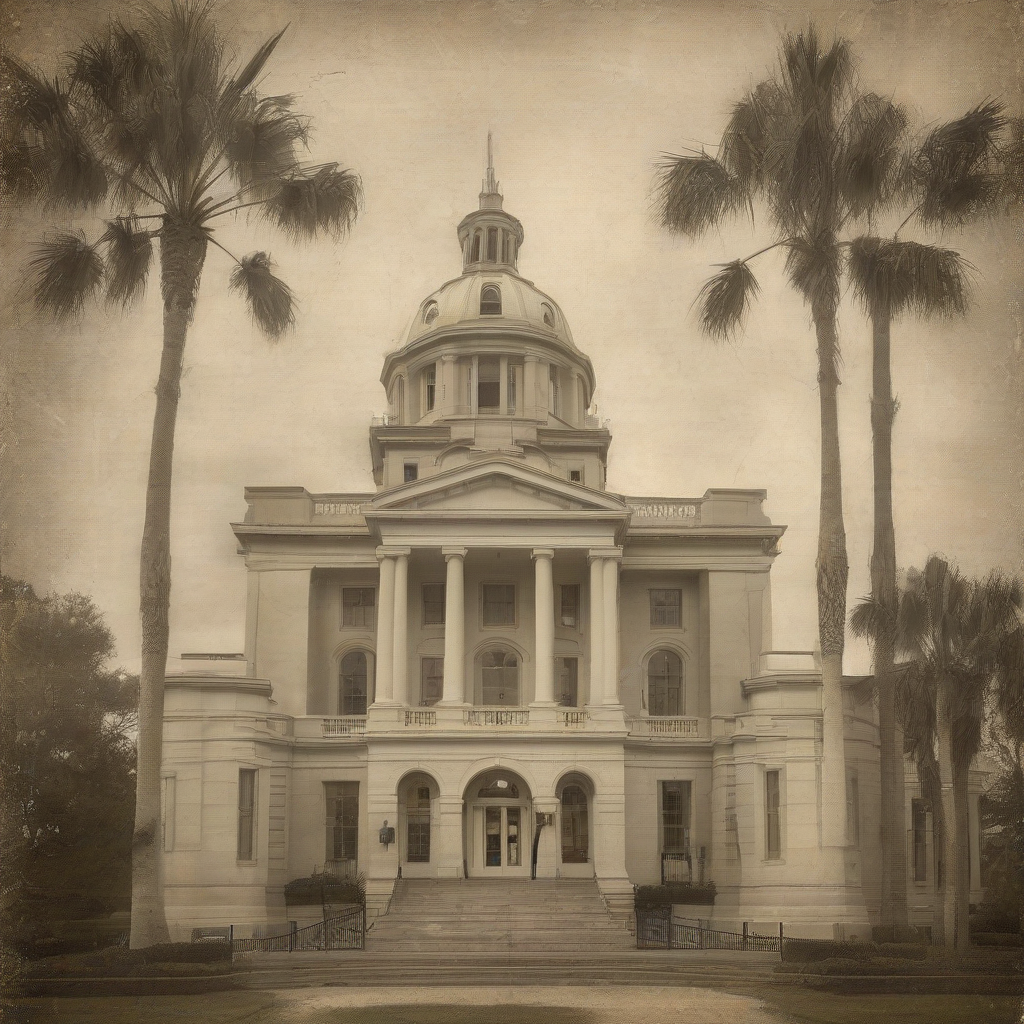Social Media and the Law: A Comprehensive Guide

Social Media and the Law: A Comprehensive Guide
In today's digital age, social media has become an integral part of our lives. We use it to connect with friends and family, share our experiences, and stay informed about current events. However, the same platforms that allow us to communicate and share information can also lead to legal issues. This comprehensive guide explores the intersection of social media and the law, covering a wide range of topics.
1. Freedom of Speech and Social Media
- The First Amendment and Social Media: The First Amendment to the U.S. Constitution guarantees freedom of speech, but social media platforms are private entities and are not bound by the same restrictions as the government. This raises questions about the extent to which platforms can censor user content.
- Content Moderation and Censorship: Social media companies have policies in place to moderate content and remove posts that violate their terms of service. This can include hate speech, harassment, and illegal activity. The balance between content moderation and censorship is a complex issue with implications for freedom of speech.
- The Role of Government Regulation: Governments around the world are increasingly regulating social media companies, aiming to address concerns about privacy, misinformation, and other issues. The impact of government regulation on freedom of speech is a subject of ongoing debate.
2. Privacy and Social Media
- Data Collection and Privacy: Social media platforms collect vast amounts of data about their users, including personal information, browsing history, and location data. This raises concerns about user privacy and the potential misuse of this information.
- Privacy Laws and Regulations: Various privacy laws, such as the General Data Protection Regulation (GDPR) in Europe and the California Consumer Privacy Act (CCPA) in the United States, aim to protect user privacy and give users more control over their data.
- Privacy Settings and Controls: Users can adjust privacy settings on social media platforms to control the visibility of their information and limit the amount of data collected by these companies.
3. Social Media and the Workplace
- Social Media Use Policies: Many employers have social media policies in place to govern employee use of social media during work hours and to protect the company's reputation.
- Cyberbullying and Harassment: Social media can be used for cyberbullying and harassment, which can have serious consequences for individuals and businesses.
- Social Media and Discrimination: Social media posts can be used as evidence of discrimination in employment decisions, raising legal issues related to fair hiring practices.
4. Social Media and Criminal Activity
- Cybercrime and Social Media: Social media platforms can be used for cybercrime, including scams, identity theft, and online fraud.
- Social Media as Evidence in Criminal Cases: Social media posts and messages can be used as evidence in criminal cases, both by prosecutors and defense attorneys.
- Social Media and Law Enforcement: Law enforcement agencies use social media to gather intelligence, communicate with the public, and investigate crimes.
5. Intellectual Property and Social Media
- Copyright Infringement: Social media users can be liable for copyright infringement if they share copyrighted content without permission.
- Trademark Infringement: Social media platforms can be used to infringe on trademarks, such as by using a company's logo or branding without authorization.
- Protecting Intellectual Property on Social Media: Users can take steps to protect their intellectual property on social media, such as using appropriate copyright notices and reporting infringing content.
6. Defamation and Social Media
- Libel and Slander: Social media posts can be considered libelous or slanderous if they make false statements that harm someone's reputation.
- Defamation Law and Social Media: Defamation law applies to online communications, including social media posts.
- Defamation Claims and Social Media Platforms: Social media platforms may be held liable for defamation if they fail to remove defamatory content from their sites.
7. Social Media and Contracts
- Social Media and Contract Formation: Social media can be used to form contracts, but there are legal issues to consider, such as the enforceability of agreements made online.
- Social Media Terms of Service: Social media platforms have terms of service that govern user conduct and may include clauses that impact the enforceability of contracts.
- Social Media and Digital Signatures: Digital signatures can be used to authenticate electronic contracts formed on social media.
8. Legal Issues for Social Media Influencers
- Endorsement and Advertising Disclosure: Social media influencers have a legal obligation to disclose any paid endorsements or advertising relationships.
- Liability for Product Recommendations: Influencers can be held liable for recommending products that cause harm to consumers.
- Intellectual Property Rights: Influencers need to be aware of their intellectual property rights and those of others when creating and sharing content on social media.
9. Social Media and International Law
- Jurisdiction and Cross-Border Data Transfers: Social media companies operate globally, raising questions about jurisdiction and the transfer of personal data across borders.
- International Privacy Laws: Different countries have different privacy laws, which can complicate the use of social media in international contexts.
- Content Moderation and Censorship in Different Jurisdictions: Social media companies face different legal and regulatory challenges in different countries, which can impact their content moderation policies.
10. Future Trends in Social Media and the Law
- Emerging Technologies and Social Media: New technologies, such as artificial intelligence and virtual reality, are likely to have a significant impact on social media and the law.
- Increased Government Regulation: Governments are likely to continue regulating social media companies to address concerns about privacy, misinformation, and other issues.
- The Role of Social Media in Elections: Social media platforms will likely play an increasingly important role in elections, raising concerns about misinformation and political manipulation.
Social media has revolutionized the way we communicate and share information. However, the same platforms that connect us can also lead to legal issues. By understanding the legal implications of social media use, users can protect themselves and their businesses from potential problems. This comprehensive guide has provided an overview of some of the key legal issues related to social media, but it is not intended to provide legal advice. It is essential to consult with an attorney if you have specific legal questions.
What's Your Reaction?
















